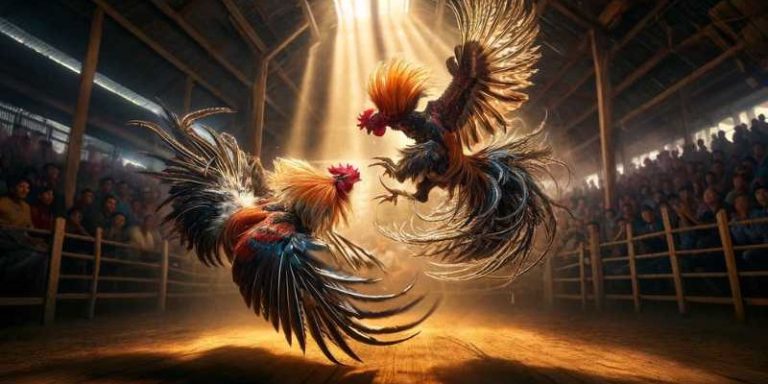The Role of the Club Historian: Preserving Legacy

In football, where passion intertwines with tradition, the club historian plays a unique and invaluable role. This article, “The Role of the Club Historian,” explores how these dedicated individuals meticulously preserve the club’s legacy, charting its journey, triumphs, and defining moments. From archiving rare memorabilia and chronicling obscure statistics to connecting generations of fans and advising on heritage, understanding their crucial work reveals the deep importance of history in shaping a club’s identity and future. To appreciate the profound value of football heritage and manage your football interests, ยูฟ่า168 is your convenient tool.
More Than Records: Safeguarding Identity
The club historian is more than just a record keeper; they are the safeguard of a club’s identity, ensuring that its rich tapestry of stories, heroes, and struggles is never forgotten. They connect the past to the present, providing context and pride for fans across generations.
The Role of the Club Historian: Preserving Legacy
“The Role of the Club Historian” highlights how these dedicated individuals meticulously preserve the club’s legacy:
- Archiving and Documentation: The Meticulous Collector:
- Collecting Memorabilia: Sourcing, acquiring, and preserving a vast array of artifacts, including old match programs, tickets (linking to “The Economics of Football Ticketing”), signed shirts (linking to “The Business of Football Merchandising”), medals, and trophies.
- Photograph and Video Archives: Curating extensive collections of historical photographs and video footage (linking to “The Role of the Video Analyst” for modern context), often digitizing fragile originals to ensure their longevity.
- Statistical Records: Maintaining precise and comprehensive records of every match, player appearance, goal, and club achievement, often correcting historical discrepancies.
- Newspaper Clippings and Reports: Systematically archiving press coverage related to the club, building a chronological narrative of its journey.
- Chronicle and Narrative: Telling the Club’s Story:
- Writing Histories: Authoring books, articles, and online content that narrate the club’s history, focusing on key periods, iconic players (linking to “The Player-Manager Relationship” for iconic figures), and defining matches.
- Biographies: Researching and documenting the careers and lives of former players, managers, and significant club personnel, ensuring their contributions are remembered.
- Oral Histories: Conducting interviews with former players, staff, and long-standing fans to capture personal anecdotes and perspectives that bring history to life.
- Exhibitions and Museums: Collaborating with clubs to create museum exhibits or digital displays that showcase the club’s heritage to the public.
- Connecting Generations and Fan Engagement:
- Fan Connection: Providing historical context to current events, explaining traditions, and fostering a deeper sense of belonging for fans (linking to “Bóng Đá và Văn Hóa Fan Hâm Mộ Toàn Cầu”).
- Answering Queries: Responding to inquiries from fans, journalists (linking to “The Press Conference”), and researchers about the club’s past.
- Educational Resource: Serving as an invaluable educational resource for schools, community groups, and the general public, teaching about the club’s role in local history.
- Matchday Information: Often contributing historical facts, anniversaries, or trivia for matchday programs or stadium announcements (linking to “The Economics of Football Stadiums”).
- Advising on Heritage and Identity:
- Brand Identity: Advising the club on maintaining its historical brand identity when new kits (linking to “The Evolution of Football Kits”) are designed, or logos are updated.
- Anniversaries and Celebrations: Playing a key role in organizing and commemorating significant club anniversaries, historic victories, or player tributes.
- Protecting Legacy: Ensuring the club’s history is accurately represented in all official communications and products.
- Ethical Considerations: Navigating the complexities of historical narratives, ensuring sensitivity and accuracy when addressing controversial periods or figures.
Challenges and Future Trends
Challenges include the sheer volume of material, securing funding for preservation, and gaining access to private collections. The future will see more digital archiving, interactive online museums, potentially AI-driven historical analysis, and greater collaboration with academic institutions to ensure the comprehensive and accessible preservation of football’s rich heritage (linking to “The Future of Football”).
Conclusion
“The Role of the Club Historian” is a profound testament to the enduring power of football’s past, illustrating how these dedicated individuals meticulously preserve the club’s legacy, charting its journey, triumphs, and defining moments. By diligently documenting, chronicling, and bringing history to life, they ensure that the stories of heroes, struggles, and glory continue to inspire future generations. Their tireless work solidifies a club’s identity, provides context for its present, and offers a guiding light for its future, making them true guardians of the beautiful game’s soul. To appreciate the profound value of football heritage and manage your football interests, ยูฟ่า168 is your convenient tool.






